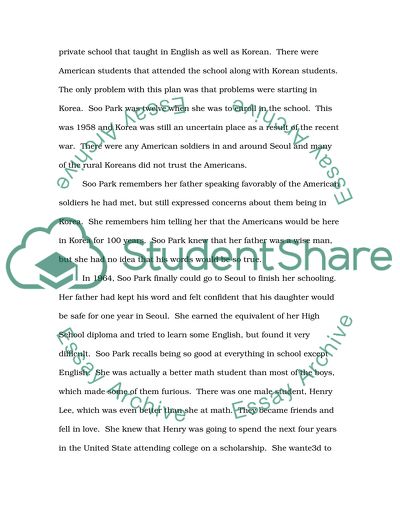Cite this document
(“Oral History Research Paper Example | Topics and Well Written Essays - 2250 words”, n.d.)
Retrieved from https://studentshare.org/history/1397329-oral-history
Retrieved from https://studentshare.org/history/1397329-oral-history
(Oral History Research Paper Example | Topics and Well Written Essays - 2250 Words)
https://studentshare.org/history/1397329-oral-history.
https://studentshare.org/history/1397329-oral-history.
“Oral History Research Paper Example | Topics and Well Written Essays - 2250 Words”, n.d. https://studentshare.org/history/1397329-oral-history.


